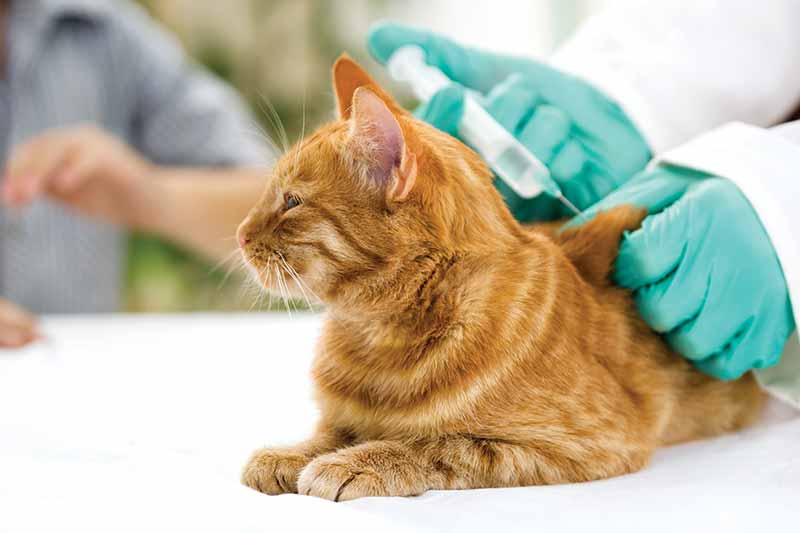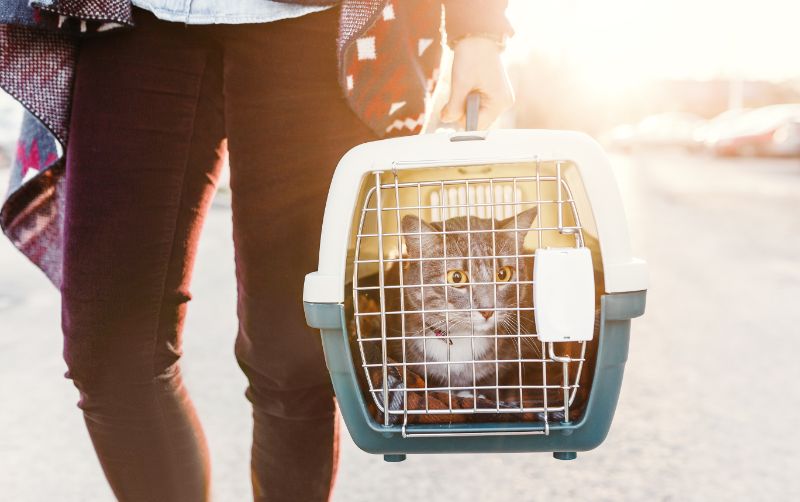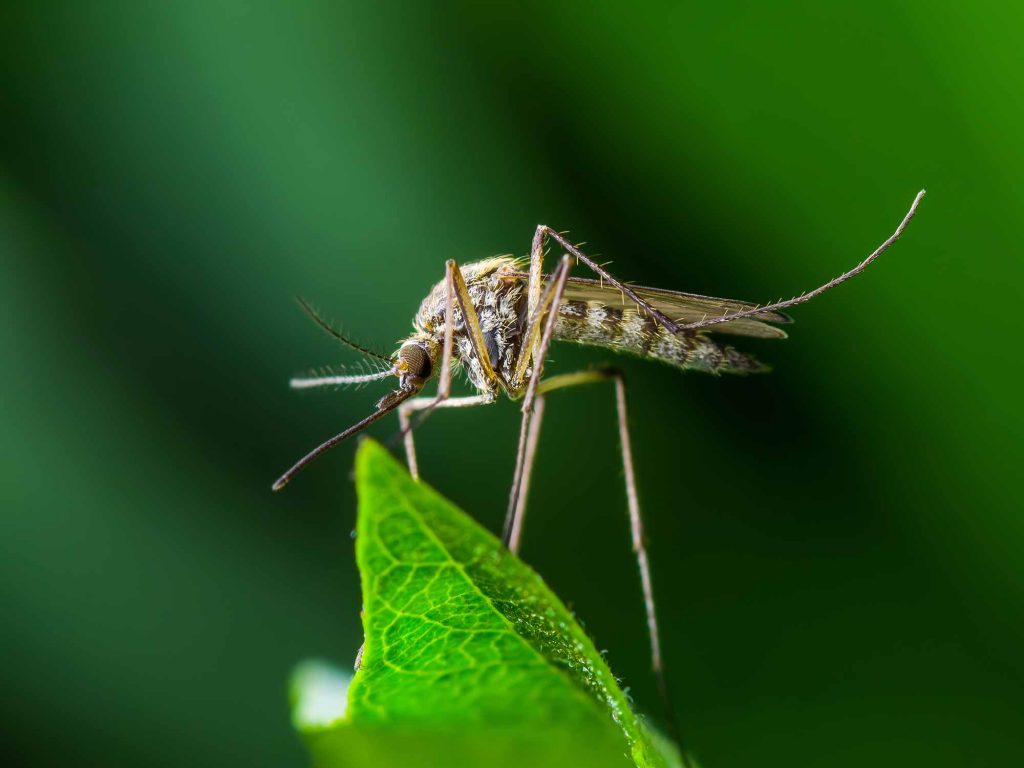Our Blog
Best Friends Forever: Keeping Kids and Pets Safe Together

Growing up with a pet holds fond memories for many of us, and if you’re raising your own two and four-legged family, congratulations! Having a pet in the home is a wonderful experience for most children, and the benefits can be quite profound. Living with pets can promote empathy, compassion, self-esteem, nurturing skills, and a sense of responsibility.
Yet, while kids and pets make the cutest of buddies, it’s surprisingly easy for one or both of them to become injured by the other. To keep everyone safe, special care should be taken to teach a child the right ways to interact with a furry friend. With these tips from the staff at Lone Tree Veterinary Medical Center, you can better ensure that both your animal and human kids are safe and happy.
Continue…Choosing The Right Pet for You
 Sharing your life with a pet can bring great joy and fulfillment. And, it’s exciting to think about bringing home that cute cat or adorable dog. But before diving in, it’s important (and smart!) to think about and consider your own lifestyle, and how a certain pet breed or species may be a better choice for you.
Sharing your life with a pet can bring great joy and fulfillment. And, it’s exciting to think about bringing home that cute cat or adorable dog. But before diving in, it’s important (and smart!) to think about and consider your own lifestyle, and how a certain pet breed or species may be a better choice for you.
Each type of pet requires different housing, exercise, feeding, grooming, veterinary care and demands on your time. Pets also have their own personalities and energy levels, so a good personality fit, along with activity needs that match your own, should be considered as well. We at Lone Tree Veterinary Medical Center are here to help you explore the questions that will prepare you to choose the right pet for the way you live. And, with Adopt a Shelter Pet Month in full swing, the timing couldn’t be better for this topic! Continue…
Differently-Abled, Definitely Wonderful: Dispelling Deaf Dog Myths
 There’s something special about dogs. Perhaps it’s their unwavering loyalty and devotion or their unique ability to read our emotions and body language. Maybe it’s the way they inspire joy in our lives every single day. Whatever the case, the bond between human and canine is awe-inspiring.
There’s something special about dogs. Perhaps it’s their unwavering loyalty and devotion or their unique ability to read our emotions and body language. Maybe it’s the way they inspire joy in our lives every single day. Whatever the case, the bond between human and canine is awe-inspiring.
When most of us look at our dogs, we only see their inner light, and this is never more apparent than with deaf dogs. Unfortunately, deaf dog myths abound in our culture, but in reality, dogs of any ability level can lead happy, productive lives. At Lone Tree Veterinary Medical Center, we’ve set out to dispel the top 5 deaf dog myths and to show our readers what these often misunderstood pets can do. Continue…
When a Kiss Won’t Cut it: A Spotlight on Pet Pain Management

When it comes to pet pain management, veterinary medicine has made tremendous strides in the past century. It’s now common knowledge that pets feel pain in much the same way as humans and that chronic pain can impair the healing process by interfering with immune function, decreasing appetite, and increasing anxiety.
Improving the quality and longevity of our patients’ lives is one of our top priorities. Let’s take a moment to focus on a pet’s pain and the various ways we can help manage it.
Recognizing Pet Pain
Recognizing signs of pain in pets is crucial for their care and comfort. Our pets can’t verbally communicate their discomfort, so it’s up to us as owners to observe and interpret changes in their behavior. Common signs that your pet might be in pain include:
- Sudden limping
- Pacing
- Crying out or growling
- Excessive licking
- Loss of appetite
- Lack of grooming
- Lethargy or decreased activity
Lifelong Learning at Lone Tree Veterinary Medical Center’s Canine Academy
 Wouldn’t it be wonderful if your puppy or dog arrived at your doorstep with perfect manners? Unfortunately, we all know this is hardly the reality. All dogs, regardless of age, require at least some training in order to learn how to navigate life with humans. At Lone Tree Veterinary Medical Center, we understand the importance of humane obedience training. That’s why we employ a full-time certified dog trainer and offer a wide variety of training options in our Canine Academy program.
Wouldn’t it be wonderful if your puppy or dog arrived at your doorstep with perfect manners? Unfortunately, we all know this is hardly the reality. All dogs, regardless of age, require at least some training in order to learn how to navigate life with humans. At Lone Tree Veterinary Medical Center, we understand the importance of humane obedience training. That’s why we employ a full-time certified dog trainer and offer a wide variety of training options in our Canine Academy program.
Behavior Matters
A well-behaved, properly socialized dog is a joy to be around and makes for a much safer environment. Untrained dogs pose a risk to other people, animals, and themselves, making obedience training as much about safety as it is about good behavior.
Properly trained dogs are also easier to bring along on hikes, camping trips, and other outings. Being able to include the family dog in your adventures is fun for everyone, and these shared experiences add up to a wonderful life together. Continue…
The Importance of Annual Pet Vaccines
 Annual pet vaccines are important because they protect your pets from dangerous and contagious diseases.
Annual pet vaccines are important because they protect your pets from dangerous and contagious diseases.
Knowing which vaccines your pet needs, however, as well as why and when, isn’t always something that’s widely understood by pet owners.
Understanding Vaccines
Vaccines help the body’s immune system prepare to fight disease-causing organisms. They contain antigens that resemble the disease-causing organism but don’t cause illness. When the vaccine enters the body, it mildly stimulates the immune system. If a pet is later exposed to the actual disease, their immune system is ready to recognize and either fight it off completely or lessen the severity of the illness. Continue…
Pet Safety During Fire Season

In the greater Denver area and across Colorado and the West, wildfires are a serious concern, especially during a dry year. While it’s easy to understand the danger wildfires pose to people, homes and property, have you ever considered how wildfires affect our pets? The team at Lone Tree Veterinary Medical Center is here with tips for pet safety during the wildfire season!
Wildfire Evacuations
Suffice it to say that evacuations don’t always occur at a time that’s convenient for us. That’s why it’s important to plan ahead and know how to care for your pet should the need arise. Continue…
Tips for Safely Running With Your Dog

For dog owners with energetic canines, bringing Fido along on your daily run can make good sense and be quite enjoyable. Regular exercise helps dogs stay fit, and can reduce anxiety and undesirable behaviors. Below are tips for safely running with your dog. Continue…
Cat Behavior Decoded: What Your Kitty Wants You to Know
 Few companion animals are as captivating as the wonderfully delightful housecat. Their beauty, grace, and mysterious nature draws us to them, even if they don’t always return our affection when or how we want them to. Cat behavior is certainly perplexing, but by making a concerted effort to deepen our understanding of their instincts and desires, we can improve our relationships with them and create happier, more harmonious lives together.
Few companion animals are as captivating as the wonderfully delightful housecat. Their beauty, grace, and mysterious nature draws us to them, even if they don’t always return our affection when or how we want them to. Cat behavior is certainly perplexing, but by making a concerted effort to deepen our understanding of their instincts and desires, we can improve our relationships with them and create happier, more harmonious lives together.
Cat Behavior: Body Language
Cat behavior can range from cute to puzzling to downright annoying. It can be challenging to interpret what our cats want, but paying attention to their body language can give us clues as to what they’re thinking. Cats tend to show their affection for humans through head butting, twitching their tails, or rubbing their cheeks or bodies against us. Meowing is generally reserved for communication with humans and may signal hunger, happiness, or a desire to play. Continue…
The Ins and Outs of Heartworm Prevention
 Most pet owners are familiar with or have heard about heartworm disease. Heartworms are mosquito-borne, blood-dwelling parasites that make their home in the pulmonary artery, a major blood vessel between the heart and lungs, wreaking havoc on the cardiovascular systems of dogs and cats.
Most pet owners are familiar with or have heard about heartworm disease. Heartworms are mosquito-borne, blood-dwelling parasites that make their home in the pulmonary artery, a major blood vessel between the heart and lungs, wreaking havoc on the cardiovascular systems of dogs and cats.
Thankfully, we have many safe, effective options available for our pets that can almost eliminate the chance of infection when properly administered. You probably give your dog or cat a heartworm preventive as recommended by our veterinarians at Lone Tree Veterinary Medical Center. Since heartworm preventives are commonly misunderstood, we’re going to zero in on the heartworm preventives we use, what they do, and why administering them correctly matters for them to work properly in preventing heartworm disease. Continue…



